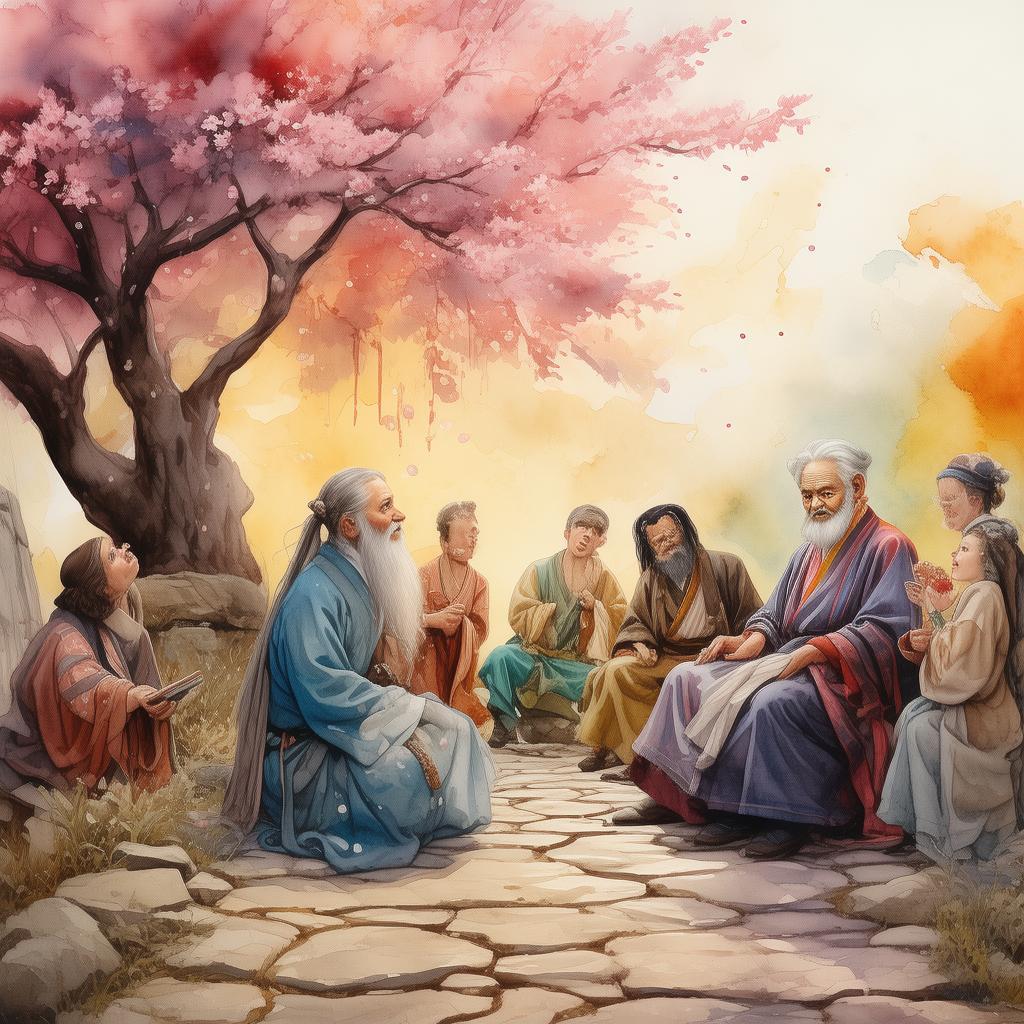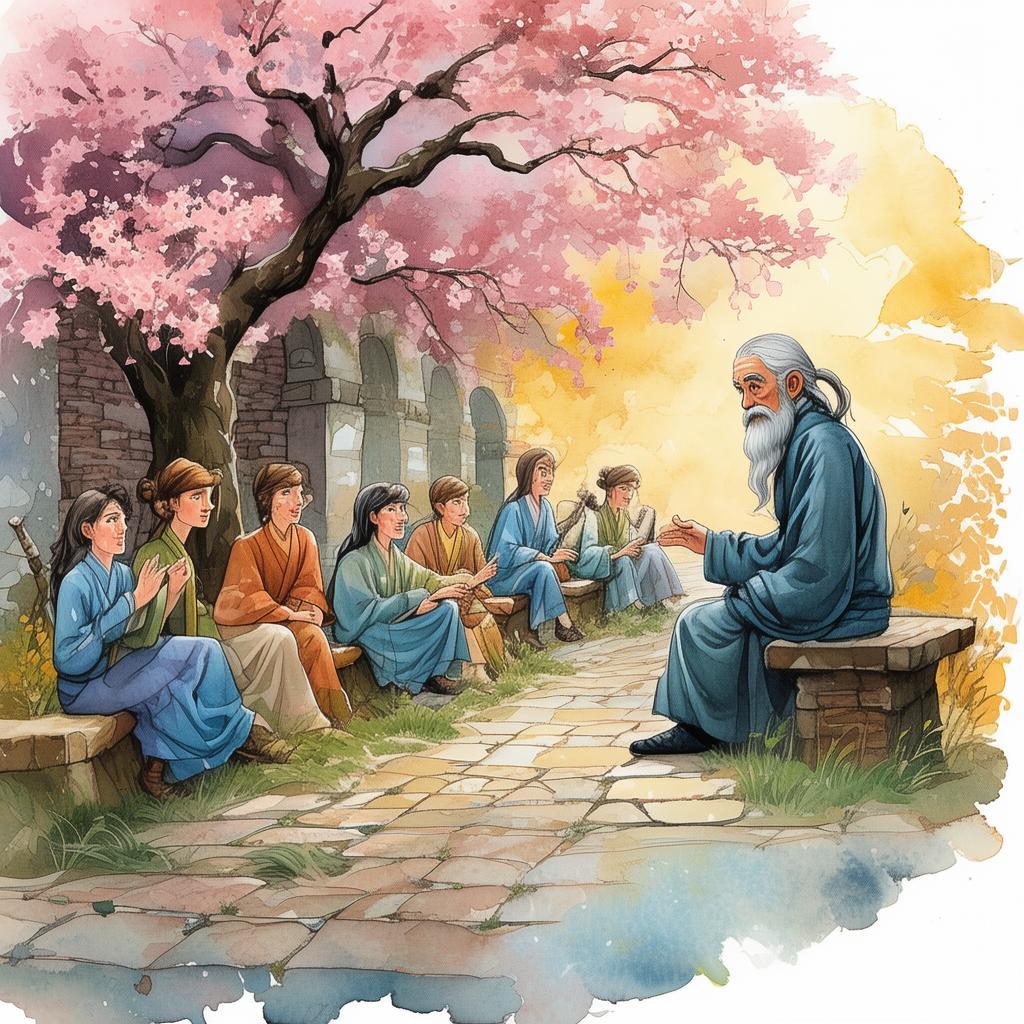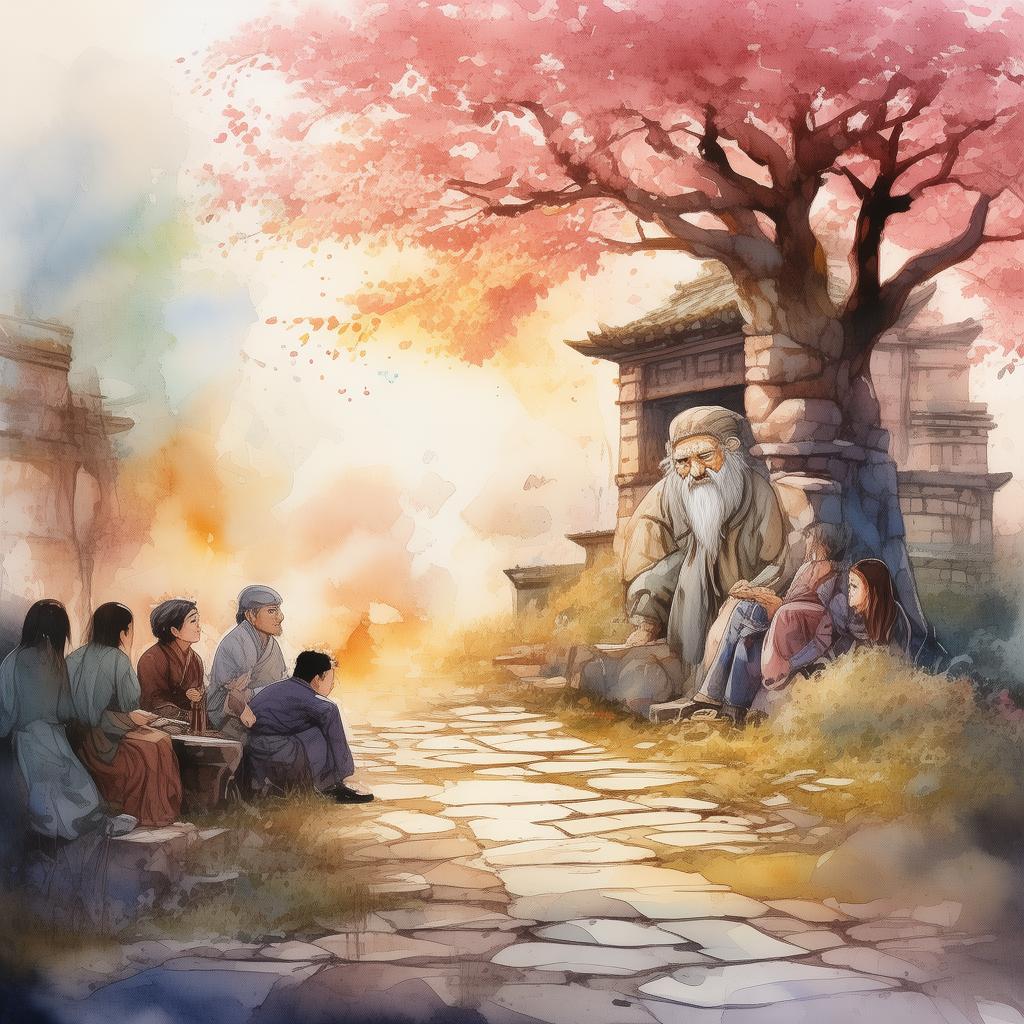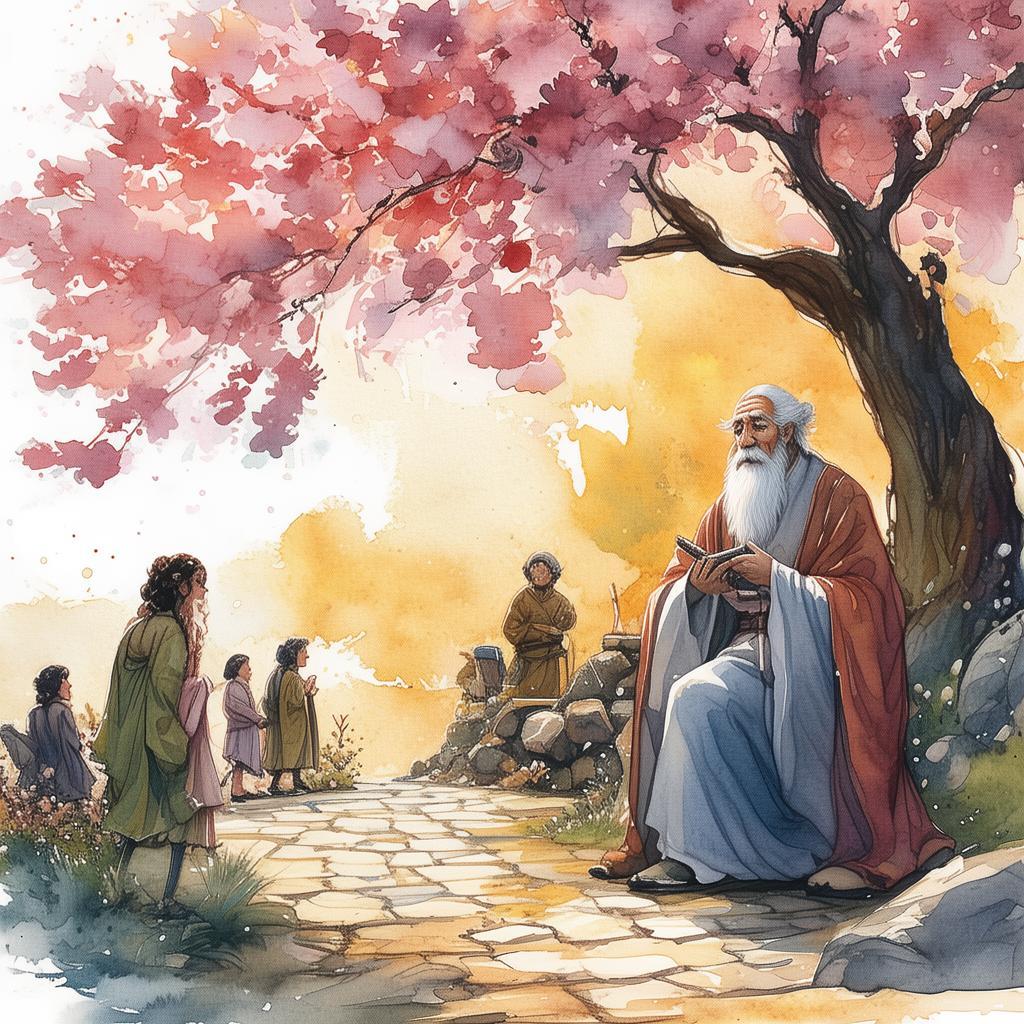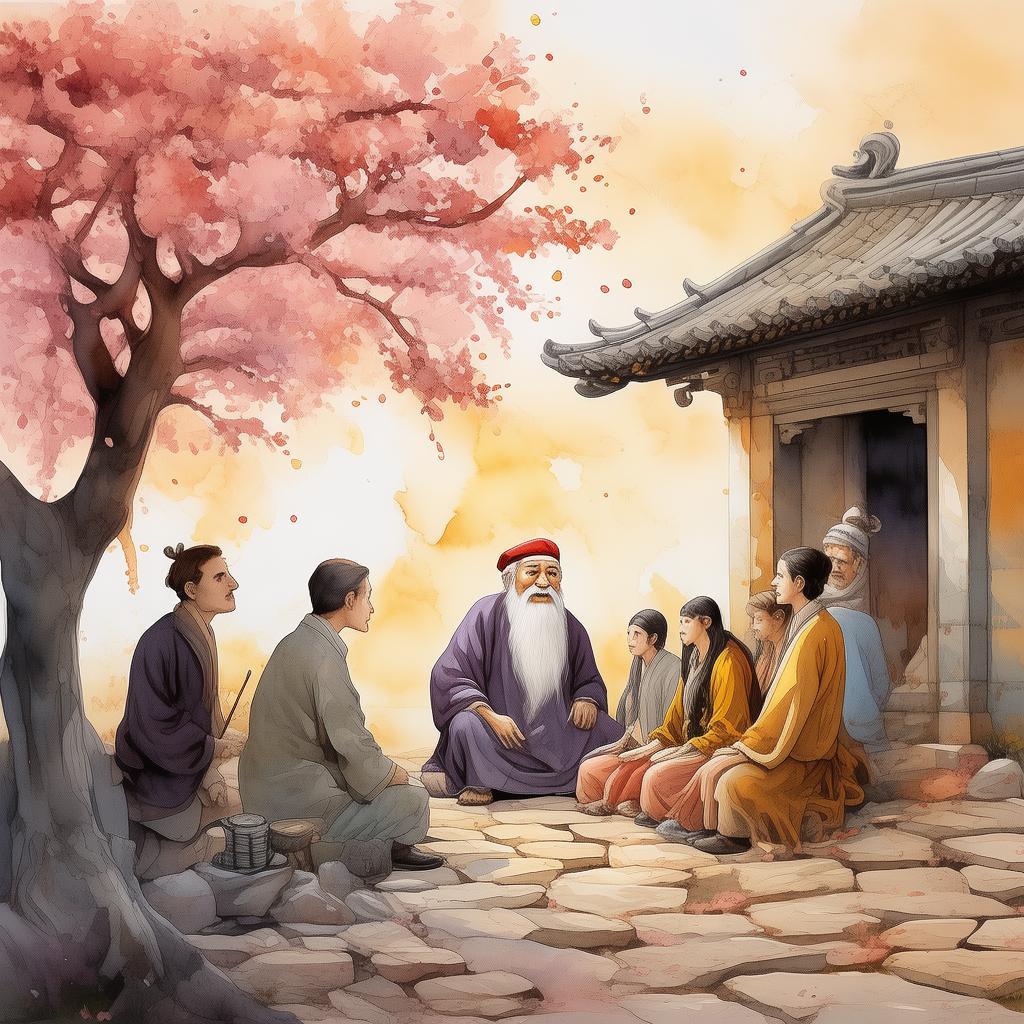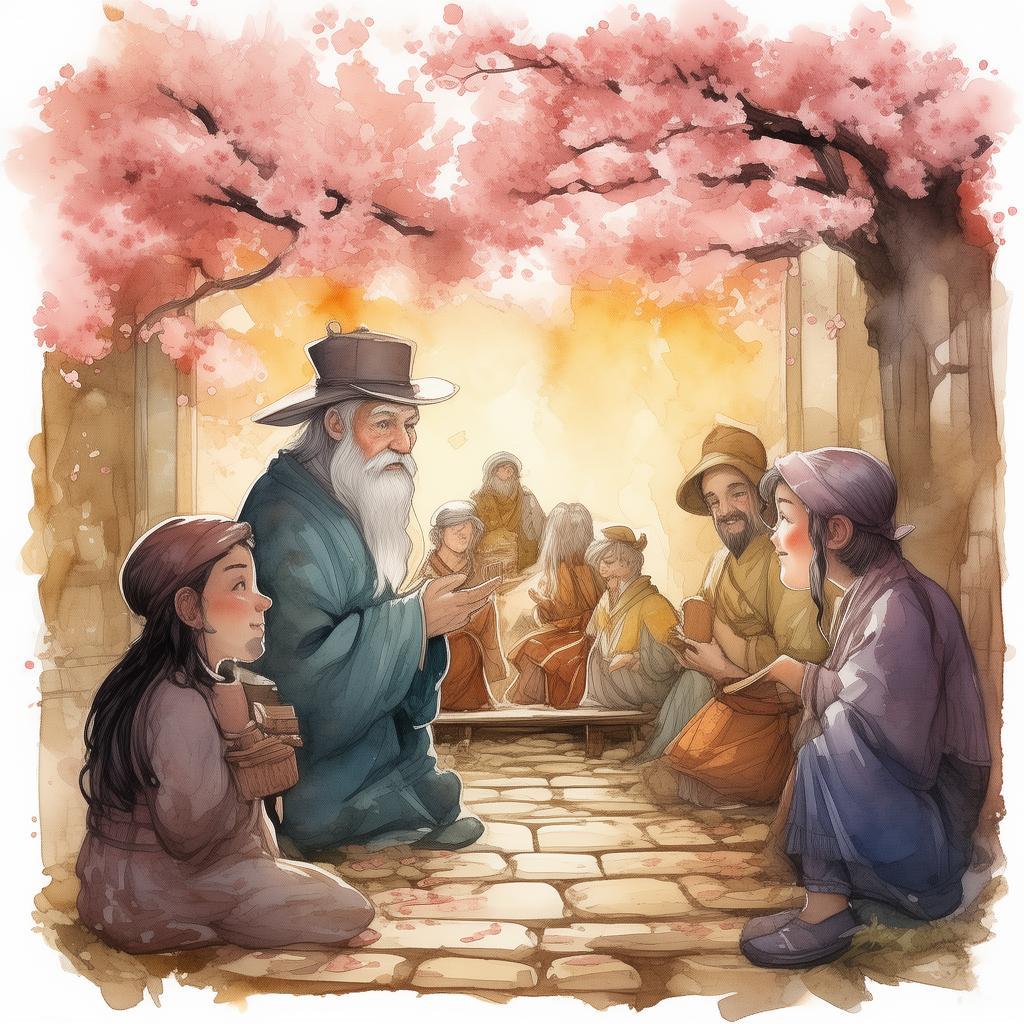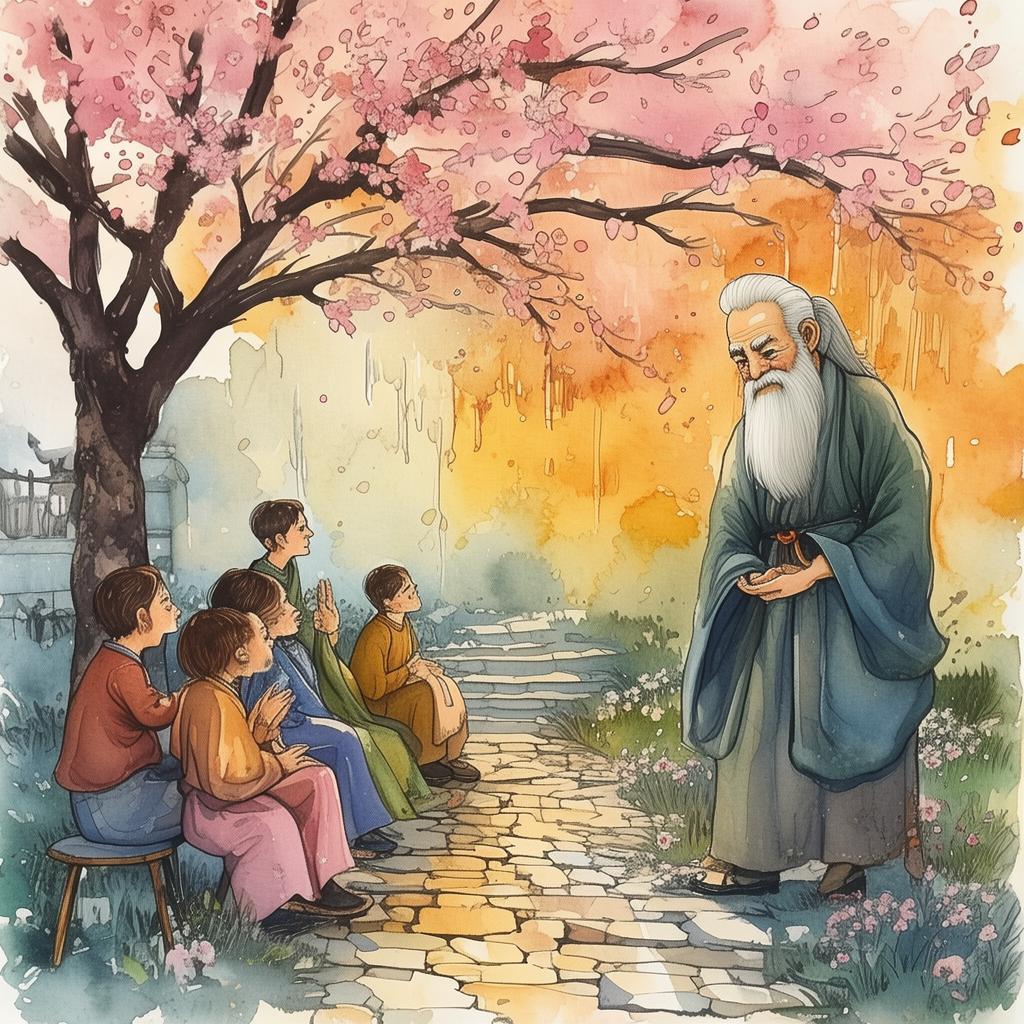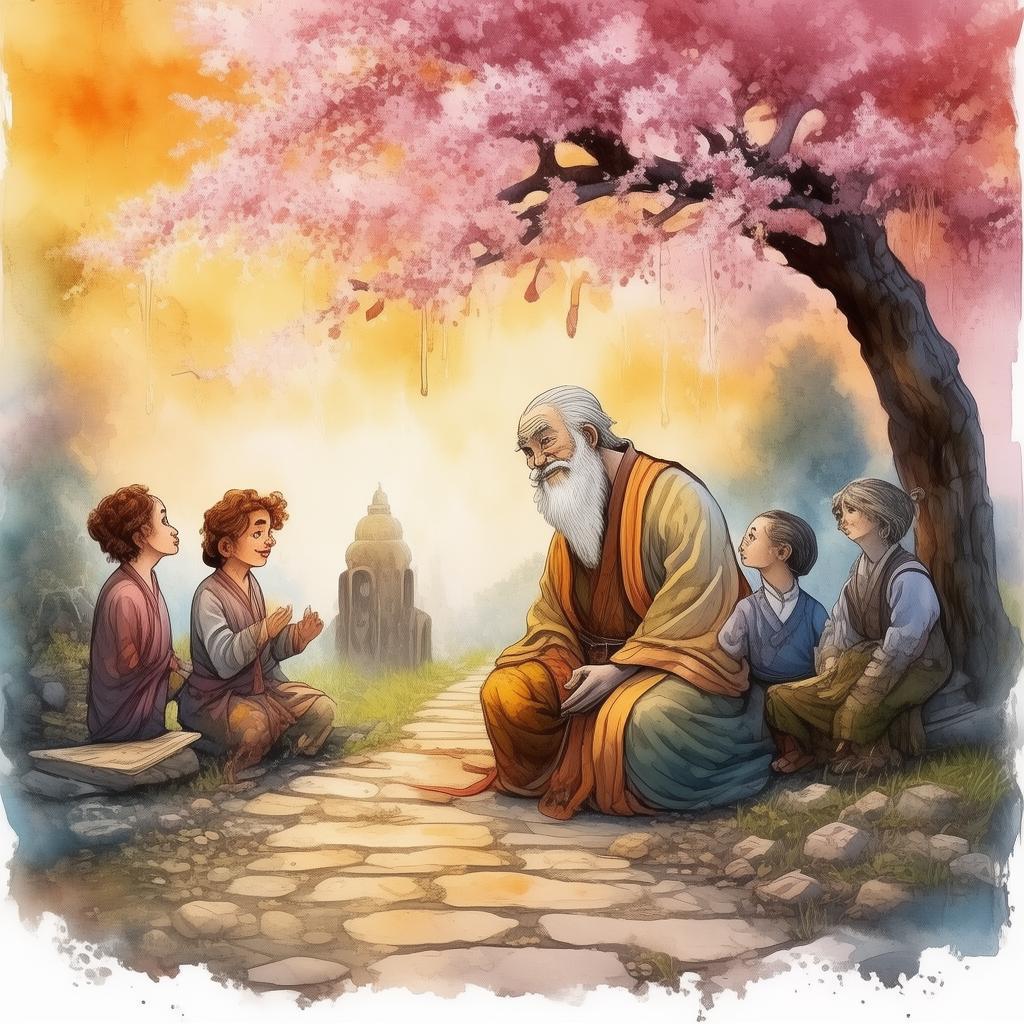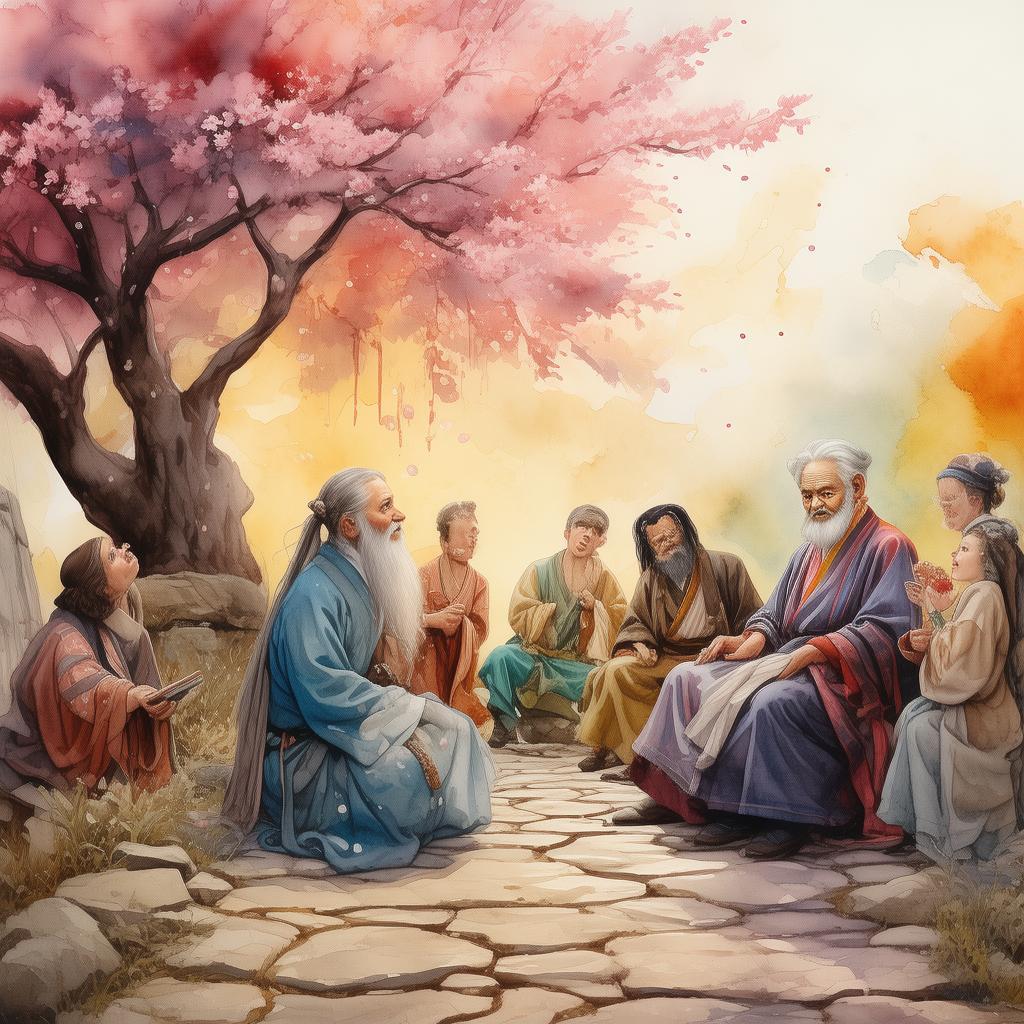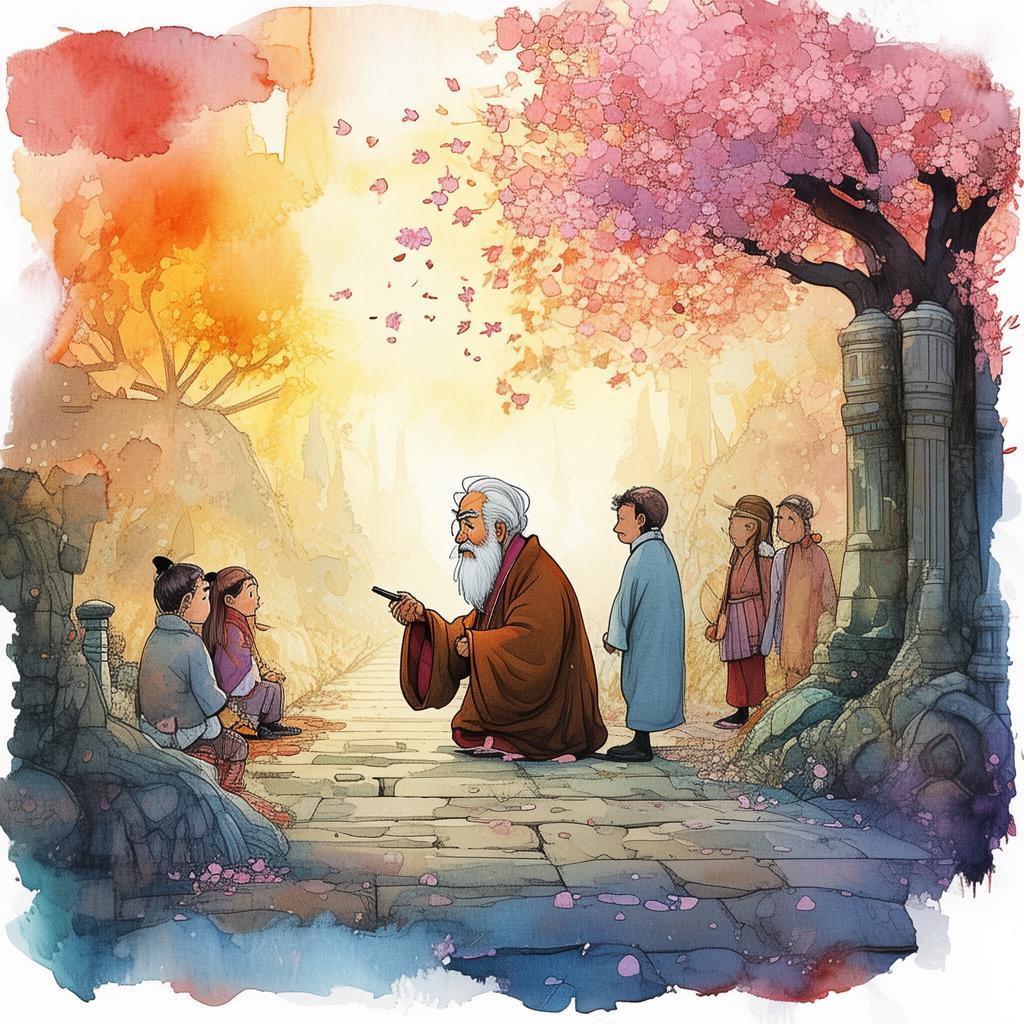Whispers of the Stage: A Playwright's Duet
In the heart of a bustling metropolis, two playwrights, Lin and Mei, each toiled in solitude, crafting stories that danced on the edge of reality and imagination. Lin was known for his deep, introspective works that delved into the human psyche, while Mei's plays were vibrant, full of life, with melodies that seemed to echo through the air.
Their paths crossed at the annual Playwrights' Gathering, a prestigious event where the brightest talents of the theater community converged. It was there that Lin first heard Mei's melody, a hauntingly beautiful tune that seemed to resonate with his own soul. It was as if Mei's music was the echo of his own unspoken thoughts.
The two playwrights struck up a friendship, their conversations flowing like the pages of their scripts. They found in each other kindred spirits, and soon, they began to collaborate. They decided to write a play that would bring their unique styles together, a piece that would be both a duet and a requiem.
The title of their play, "The Parallel Playwrights' Requiem for Echoes A Drama of Mutual Melody," was a testament to their shared vision. It was a play that would tell the story of two writers, their lives intertwined, and the music that bound them together.
Lin's part of the play was a series of monologues, each a reflection on the nature of creativity and the cost of pursuing one's dreams. Mei's music, on the other hand, was a tapestry of sound that seemed to mirror Lin's words, enhancing their emotional impact.
As they worked, their friendship deepened, but so did their struggles. Lin grappled with the idea of his own mortality, while Mei struggled with the loss of her own creative muse. Their characters, too, mirrored their own fears and desires, their fates intertwined in a story that was both beautiful and tragic.
One evening, as they were rehearsing, Lin collapsed on the stage. Mei, heartbroken, tried to revive him, but it was too late. Lin's final words were a whisper, a line from his play that seemed to sum up his life: "In the end, we are all but echoes of our own melodies."
Mei was devastated, but she knew that Lin's spirit would live on in his words. She decided to finish the play, to honor Lin's memory. The music she composed for the final scene was a requiem, a tribute to her friend and to the shared dream that had brought them together.
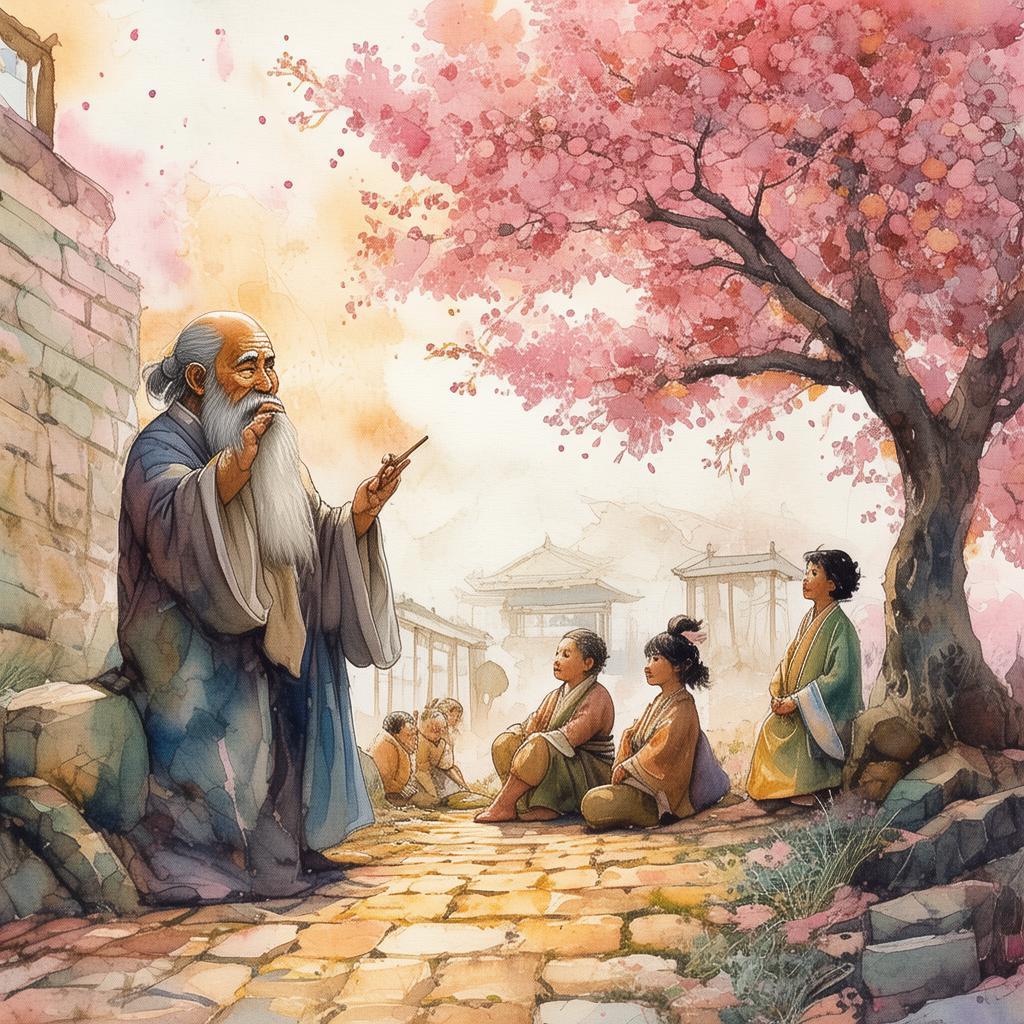
The opening night of "The Parallel Playwrights' Requiem for Echoes A Drama of Mutual Melody" was a resounding success. The audience was captivated by the beauty and depth of the play, and Mei's music was a poignant reminder of the power of creativity and the enduring bond between two souls.
In the end, the play became a testament to the idea that even in the face of loss, the echoes of one's melodies can resonate for generations. Lin's words and Mei's music became a duet that transcended time, a story that would be told and retold, a requiem that would live on in the hearts of all who heard it.
The Parallel Playwrights' Requiem for Echoes A Drama of Mutual Melody was not just a play; it was a love letter to the power of friendship, the beauty of art, and the eternal echo of the human spirit.
✨ Original Statement ✨
All articles published on this website (including but not limited to text, images, videos, and other content) are original or authorized for reposting and are protected by relevant laws. Without the explicit written permission of this website, no individual or organization may copy, modify, repost, or use the content for commercial purposes.
If you need to quote or cooperate, please contact this site for authorization. We reserve the right to pursue legal responsibility for any unauthorized use.
Hereby declared.
